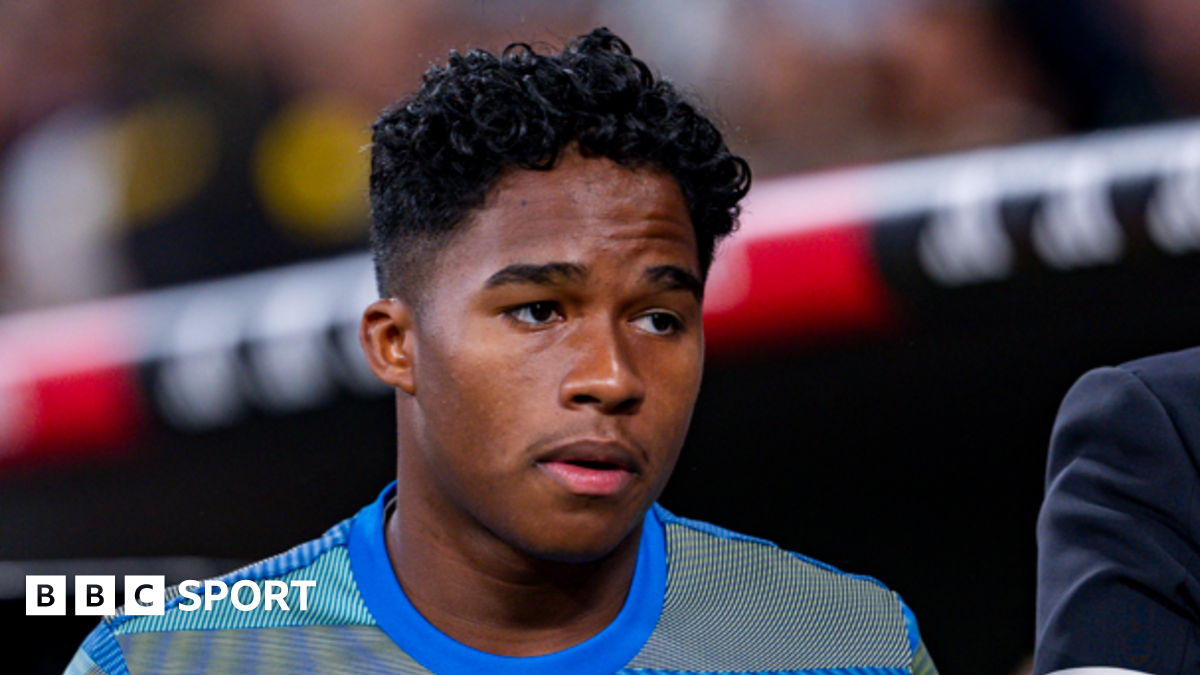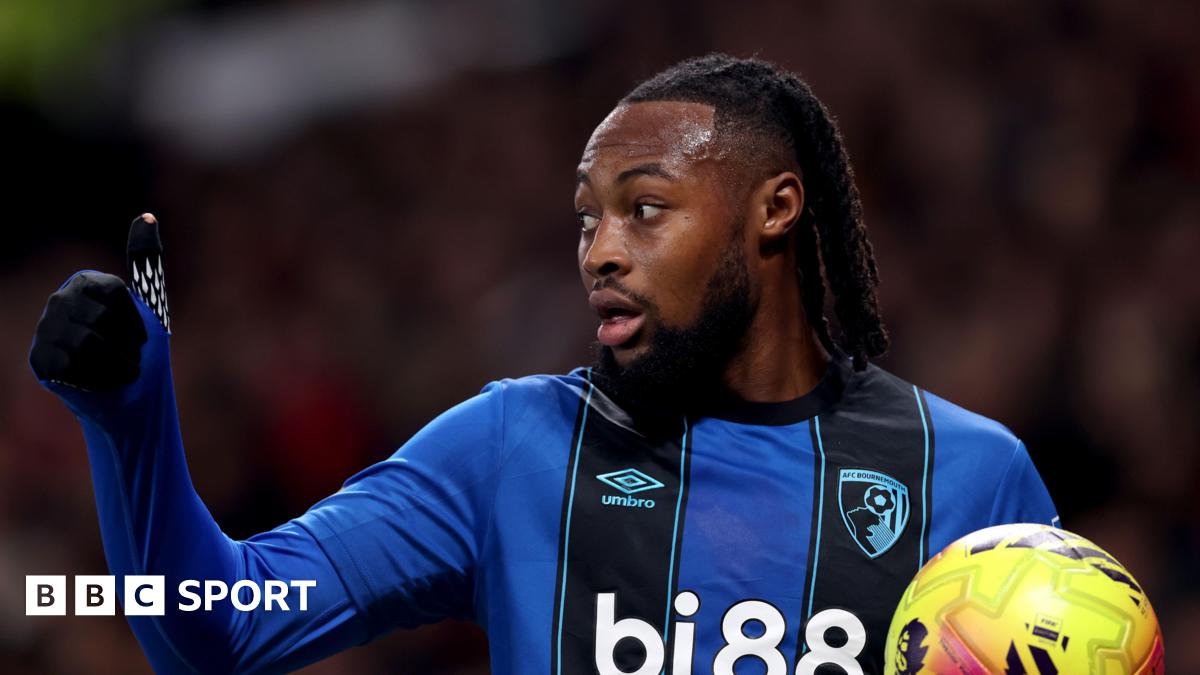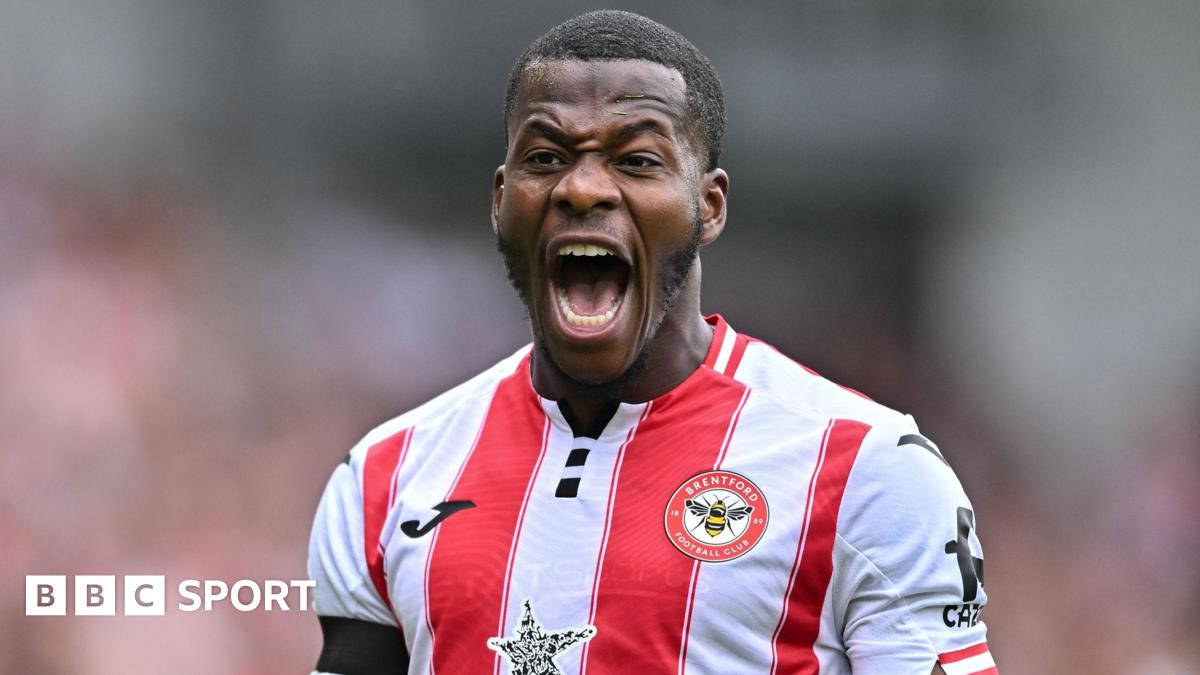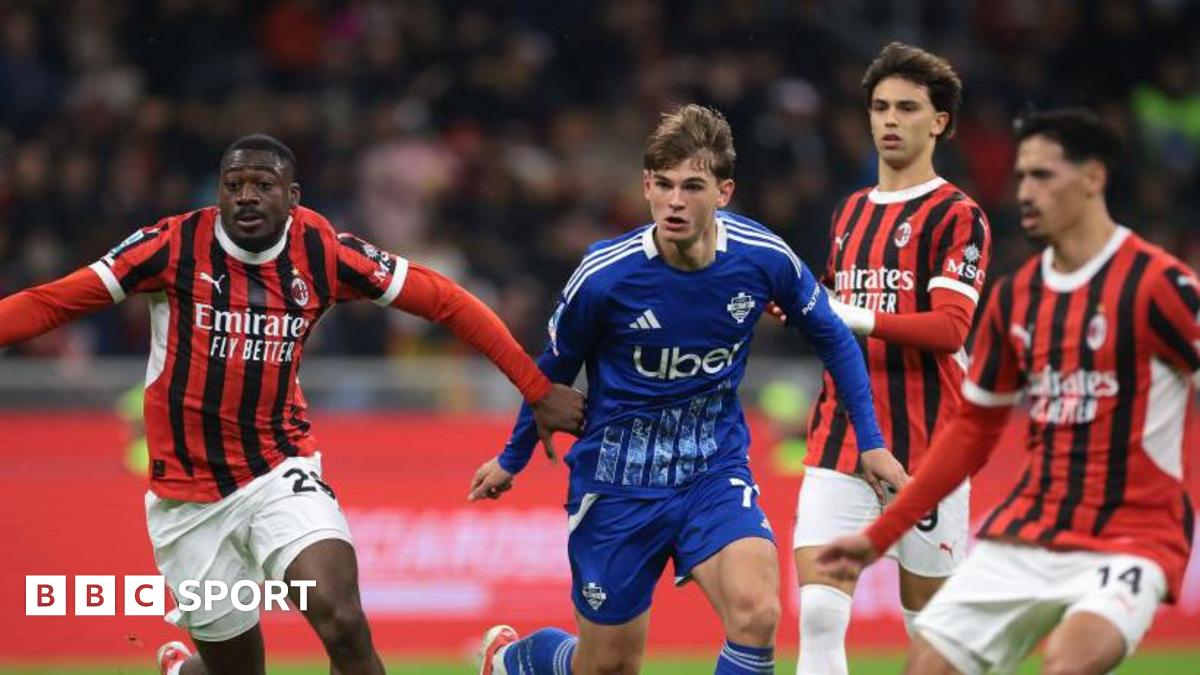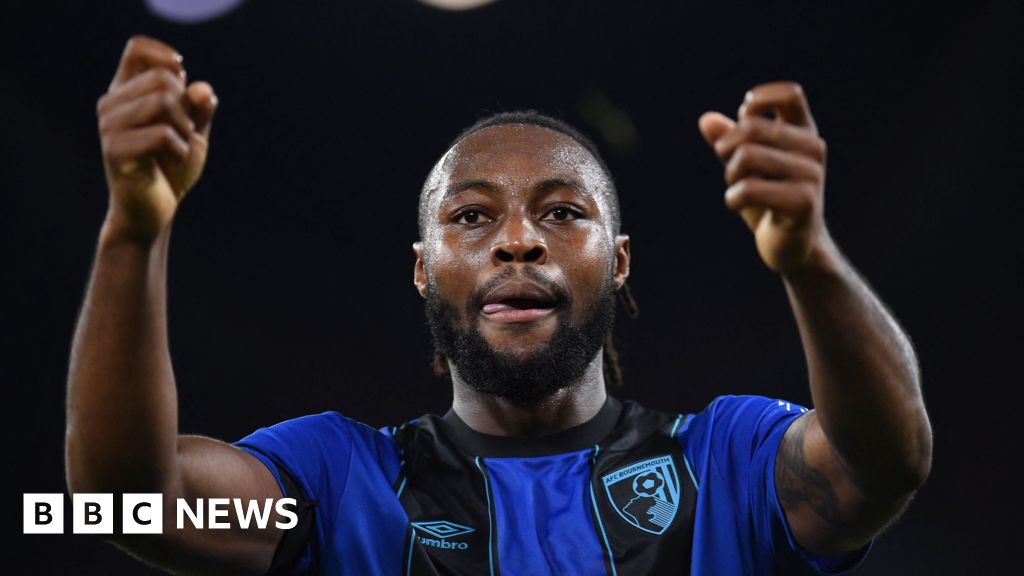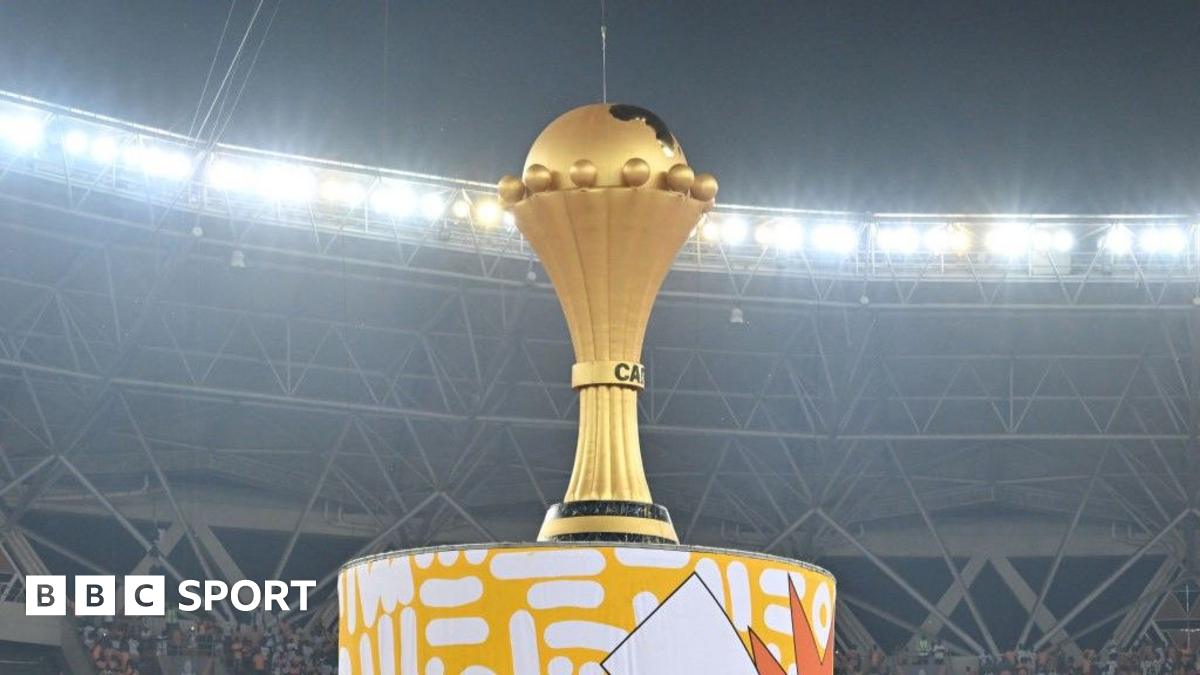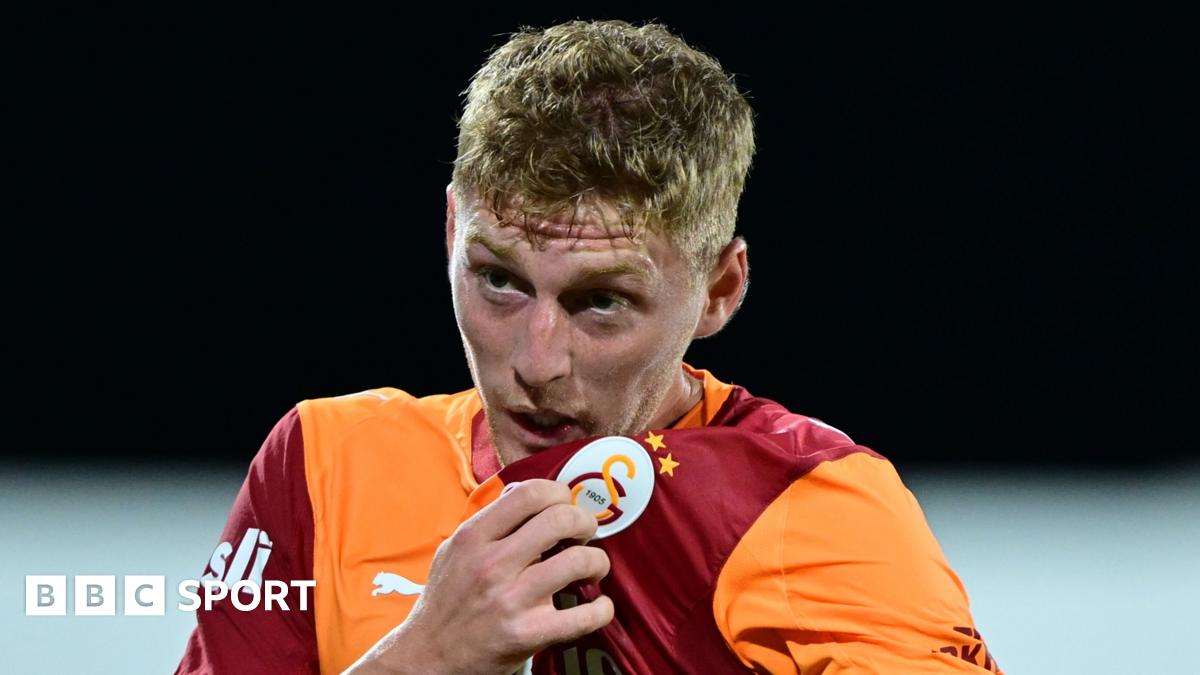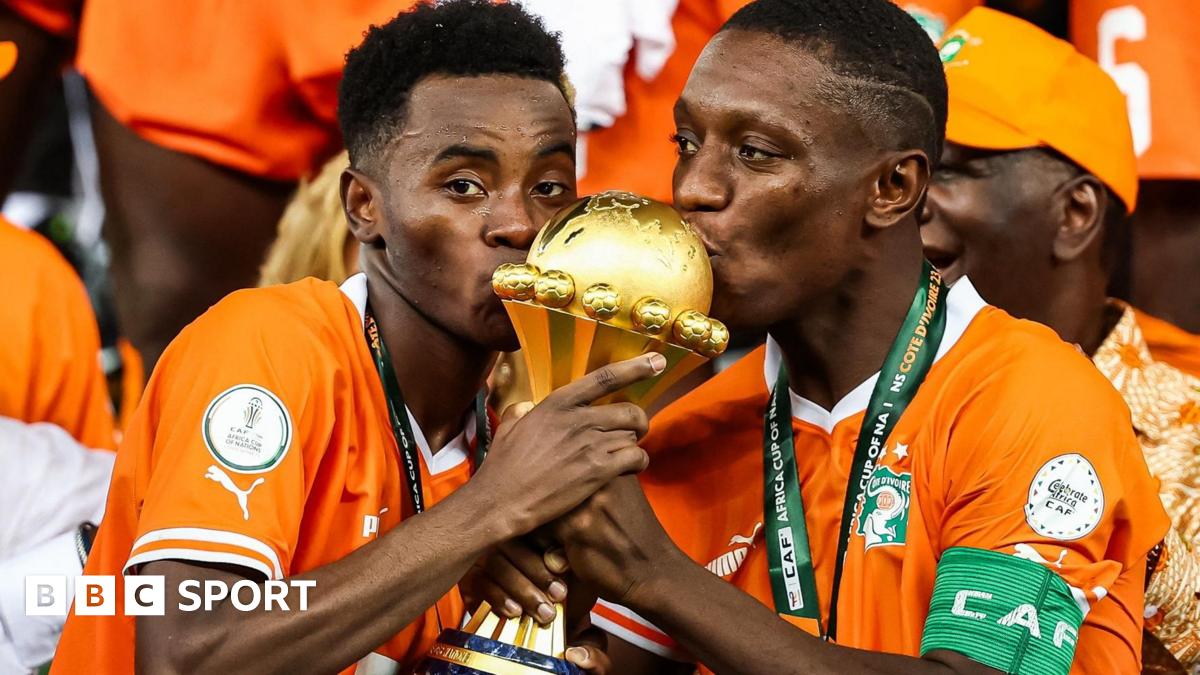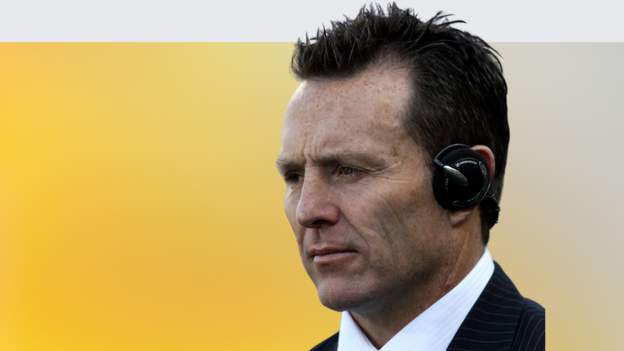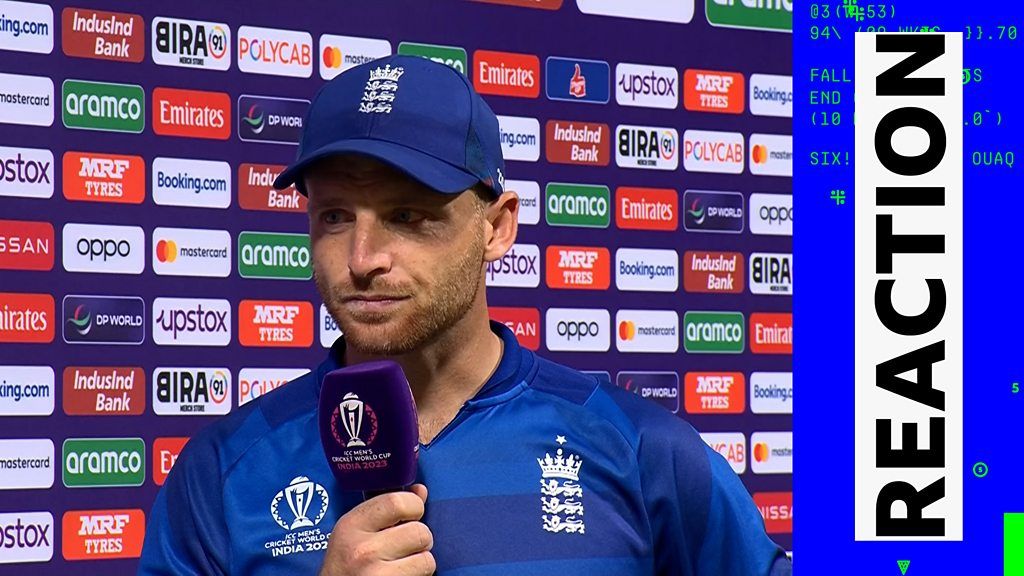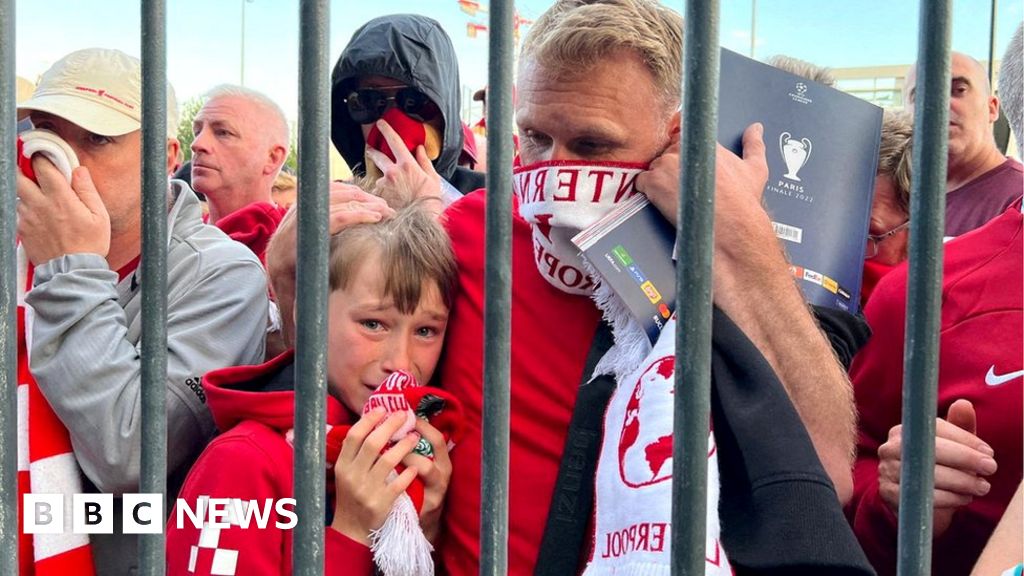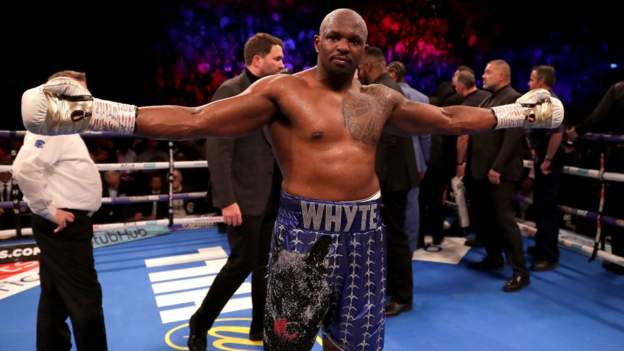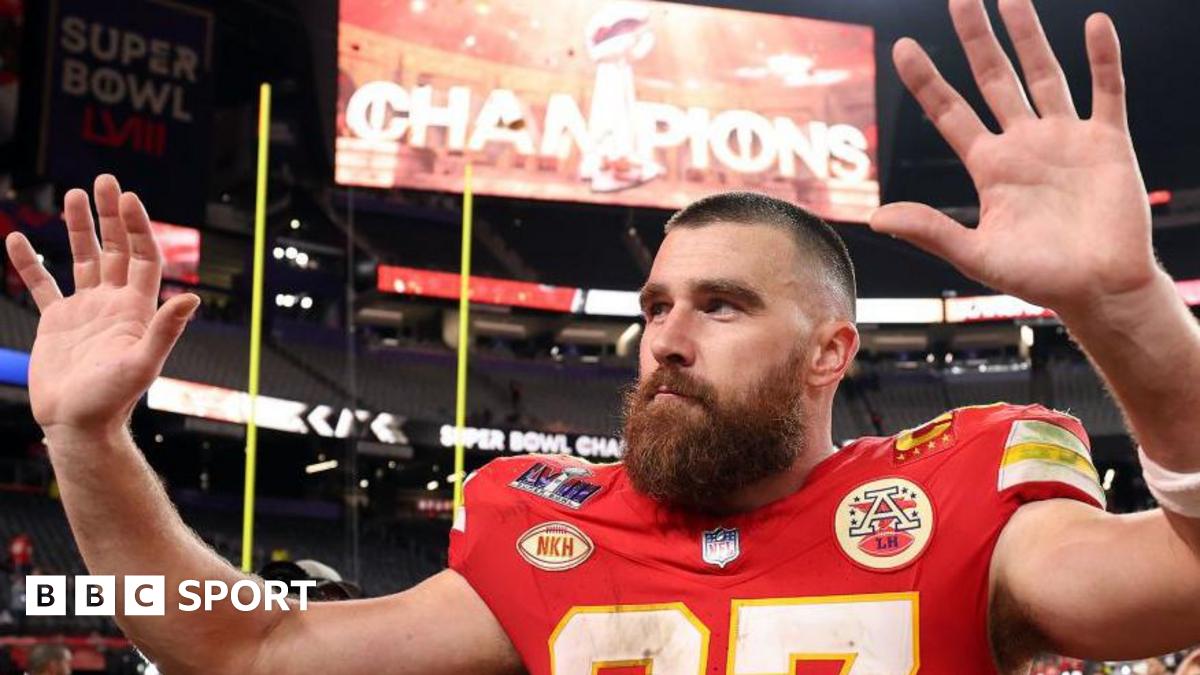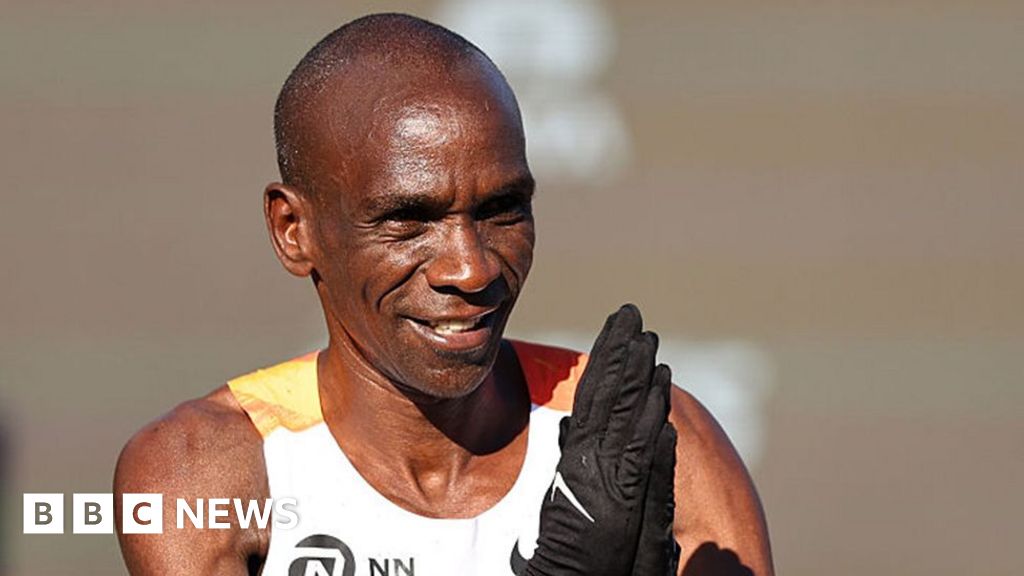Joel Stransky was part of South Africa’s iconic team that won the 1995 Rugby World Cup on home soil, kicking all of his team’s points as the Springboks beat New Zealand 15-12 in the final. The former fly-half looks ahead to Saturday’s final against New Zealand and examines how the Boks came from behind to beat England in their semi-final.
To win the Rugby World Cup is a sensational feeling.
You dream of playing in the final your whole life and to do so is a reward for hard work.
That is what awaits South Africa and New Zealand on Saturday but before talking about the final, I have to address the Springboks’ semi-final win over England.
Being fair, the Boks got out of jail.
I was watching and wondering how I was going to eat humble pie for my pre-match prediction until the ‘Bomb Squad’ came to my rescue off the bench.
We probably underestimated an England team who came up with the right plan for the conditions.
A ‘masterstroke’ of ‘horrible rugby’
Throughout the tournament, England had been kicking away a large percentage of their possession.
It was dire, dull, horrible rugby.
But that is the game you have to play to come out on top in a World Cup semi-final. You have to apply pressure, force penalties, drop goals and get the points – and England perfected that.
In wet, rainy conditions it was a perfect storm, a masterstroke.
Scrum-half Alex Mitchell’s kicking was sensational, but it was not just about the kick. It was also the detail around who chased the kick, who jumped. The support players circled the ball when it came down, filling the space really smartly. They targeted our short wingers and they ran lines which naturally blocked our chase.
I have no doubt the All Blacks would have watched with interest.
But for me, it was a tough watch, seeing so many great players floundering, doing the same thing again and again. I think we played stupidly and could have been smarter. Freddie Steward gobbled up our up-and-unders and we carried on chucking it down his throat.
The Springboks suddenly had their backs against the wall and had to dig their way out of a serious marsh. But they found a way and that is the sign of a good side with a strong, never-say-die mentality.
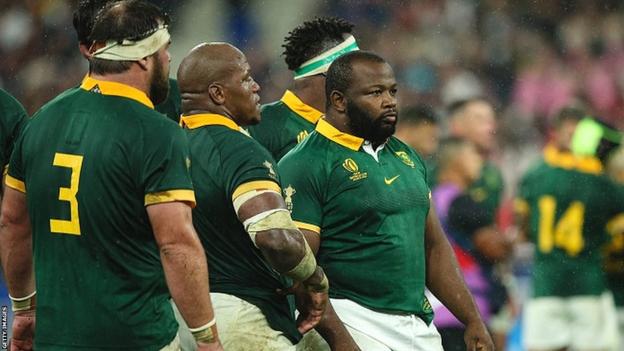
‘The South African DNA’
The early move to replace Manie Libbok with Handre Pollard at fly-half after half an hour was the right one at the right time, and I’m not surprised Pollard has been chosen to start the final. He controls a game superbly.
But against England, Ox Nche was another level, my man of the match.
He comes on and is a beast at prop – and the beast came to the fore to win the penalties that counted most because it was the scrum that turned the game. 100%.
Sometimes our players lack the ability to think for themselves and maybe that is what happens when your coaching staff are so focused on attention to detail. But that detail is also what makes us a great team in so many ways.
If you ask where their penalties are going to come from, they will tell you we are going to scrum the opposition into the ground.
It is the South African DNA and in that last 12 minutes they were masters at it.
As far as England’s scrum was concerned, I think they could have left the front row on a little longer. Dan Cole and Joe Marler were outstanding and there is no doubt they were weakened by the changes.
In the Boks’ front row, Bongi Mbonambi starts against New Zealand after World Rugby ruled there was “insufficient evidence” he directed a racial slur at Tom Curry.
South Africa is a country where such issues are unbelievably sensitive and complex and this is good news for us because we only have one genuine hooker in the squad and Bongi is the one guy we cannot afford to lose.
‘New Zealand are favourites’
You do not need inspiration or motivation for a World Cup final.
Those Springboks who looked jaded against England will bounce back and deliver. The likes of Siya Kolisi, Eben Etzebeth, Franco Mostert and Francois Malherbe were invisible against England, but I do not think they will ever be that quiet again.
Even so, I think New Zealand are favourites.
Heading into the tournament, we did not really know where they were and I think we wrote them off after the record thumping handed out by South Africa at Twickenham.
But you write the All Blacks off at your peril. They showed us who they are in beating Ireland and were then clinical in putting Argentina away in their semi.
If the weather on Saturday is wet, as is forecast, the final will be about territory, kicking and chasing deep. People often underestimate how much the All Blacks kick.
But I do not think they always like to play the confrontational game, so we need to carry hard and make it a war, one that is physically attritional.
In 1995, South Africa battled through their pool, won a semi-final in the rain and went into a final against New Zealand as underdogs. The parallels are there.
The week leading up to the final is all about recovery for battered and bruised bodies, sorting out minds and self-belief. You need to be in good condition mentally, physically and spiritually.
It is also about controlling the nerves – I did not sleep the night before the final in ’95!
A late kick-off will make it hard for the players to stay calm. The longer you sit and wait, the more you bite your fingernails.
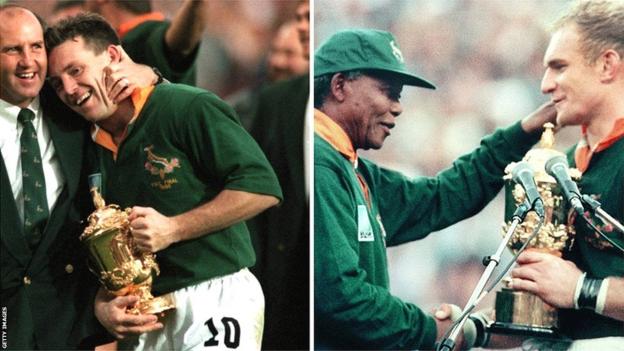
Mandela and ‘bringing a nation together’
I feel incredibly proud to have played my small part in winning a World Cup for my country.
But the main driver in terms of using sport to bring a nation together in 1995 was Nelson Mandela.
He was the man who adopted us, a white rugby team, gave us his support and said he would ensure we had the support of the whole nation. Without him that journey would have been a short one.
The current squad understand how important rugby is to South Africa and the role it has played in our past in bringing people together.
But that will not be their driving force. The players will wear their badge proudly, but they are there because they are the best at what they do.
They want to win the World Cup for themselves, for the team, the coach and their family.
Those of us who lift the William Webb Ellis trophy are blessed.
Joel Stranksy was speaking to BBC Sport Africa’s Ian Williams

